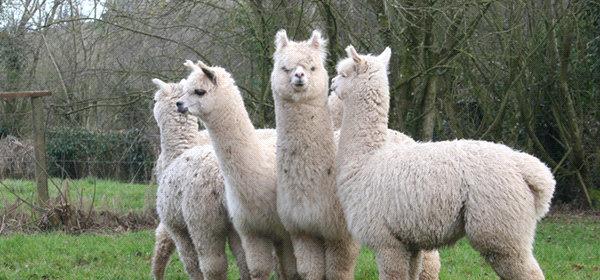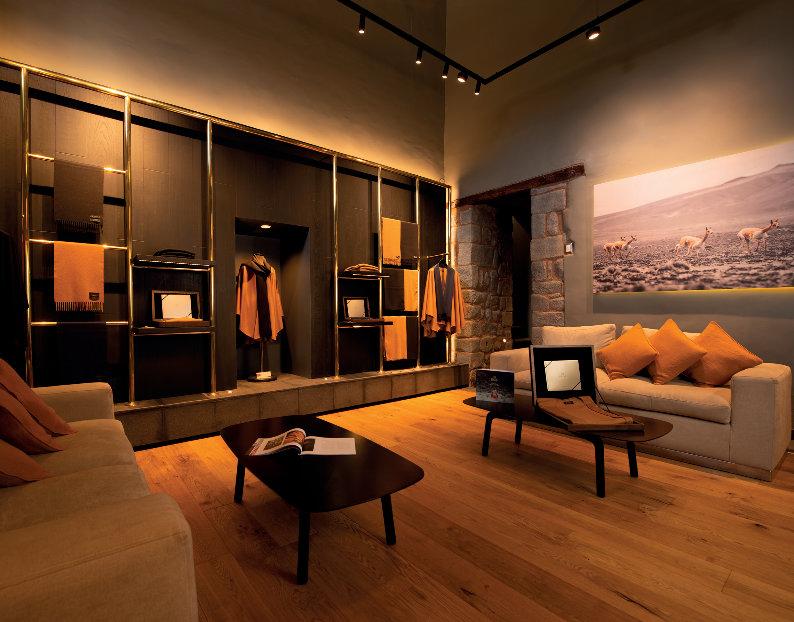From Behind Bars
to Bar Codes! Fashions unlikely origins
Edited by Esme Graham
Is it possible to build a profitable fashion business behind bars? Carcel is a Danish clothing company with a vision to accelerate and inspire the worlds transi�on to a desirable, sustainable fashion industry. Their mission is to create a global desirable fashion alterna�ve that eradicates poverty for women in prison and protects our planet through aspira�on, design and technology. How did it all start? Founder, Veronica D’Souza, came up with the idea a�er visi�ng a women’s prison in Nairobi. The women told her that the main reason for their imprisonment was poverty. Most of them were there for commi�ng non-violent crimes because they wanted to provide for their children. At the same �me, they were making small cra�s like kni�ng sweaters and teddy-bears. Without access to good materials, skills-training or a market on the outside, they didn’t get to sell their products. When they le� prison they were further marginalized and impoverished and many of their children had been le� to grow up without a provider, con�nuing the poverty cycle. Veronica started researching and discovered that this is the case for women in prison all over the world. Very few organisa�ons talk about this issue, and there is generally very li�le awareness around this topic. Veronica decided to create a company that would construc�vely put to use the �me spent in prison, rendering it as an opportunity to gain new skills and fair wages so that incarcerated women could provide for themselves, for their families and save up for when they were released. Veronica paired up with designer Louise Van Hauen, and together they started the first produc�on facility inside the women’s prison in Cusco, Peru.
How we work in prisons Se�ng up our own produc�on facili�es within prisons and managing these ourselves enables us to make sure that the labour rights and wages are matched to best prac�ces within produc�on sites outside of prisons. We have appointed our own produc�on managers in our two produc�on facili�es, in Cusco, Peru, and Chiang Mai, Thailand. They are on site every day, managing everything from recruitment, training, working hours and payment to ensure that our standards are maintained and developed. Our Copenhagen based team also visits on a regular basis. We see our work spaces in Thailand and Peru as an extension of our company in Denmark, and we treat everyone as our employees. Most of the design process takes place together with our teams inside the prison. It’s important to us that everyone learns all the different techniques from s�tching to pa�ern making. Our teams are excep�onally talented and commi�ed and func�on more and more as the design development studio. We also have courses in other areas of exper�se in order to develop new skills that are useful for life a�er prison. So far, we have carried out courses in entrepreneurship, financial literacy, English, jewellery making and business plan development.
6













